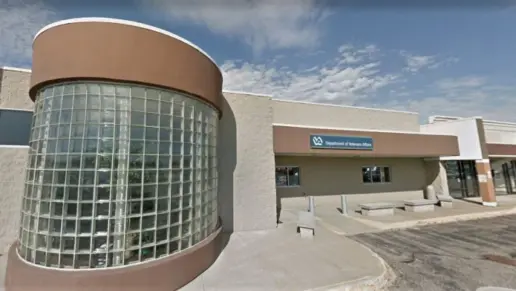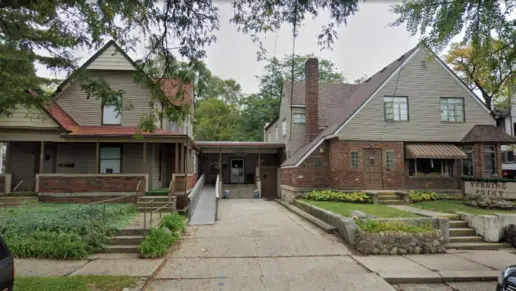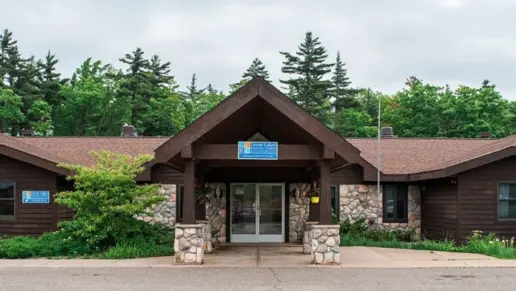About Grace Centers of Hope
Grace Centers of Hope Men’s Program is an organization that focuses on men with substance use issues. They are located in Pontiac, Michigan. They are a Christian organization and attending religious services is a condition of staying there. They have a women’s program as well. They do not offer detox services at this facility.
They provide dormitory accommodations and three meals a day. The program is for one year. Residents will be assigned a mentor when they enter the program. They will help guide you through a Discipleship Program in which you will follow the tenets of the Christian religion and mimic the behaviors and philosophies of Christ.
They teach life skills and give residents access to a career and educational center. They will assist you with financial planning. They provide work therapy as well. They will help you in finding employment and permanent housing.
This shelter uses religious therapy rather than traditional, evidenced based methods. People who are deeply religious may benefit from the group sessions that they offer, Your family will be allowed to attend church services with you.
The staff at the facility believe that religion can help motivate people to stay off of substances and alcohol. Former residents say that the staff treated them kindly and respectfully. Many former residents say that the program saved their lives. Many of them say that they have been off of substances for years because of the help they got at this facility.
Latest Reviews
Rehab Score
Gallery
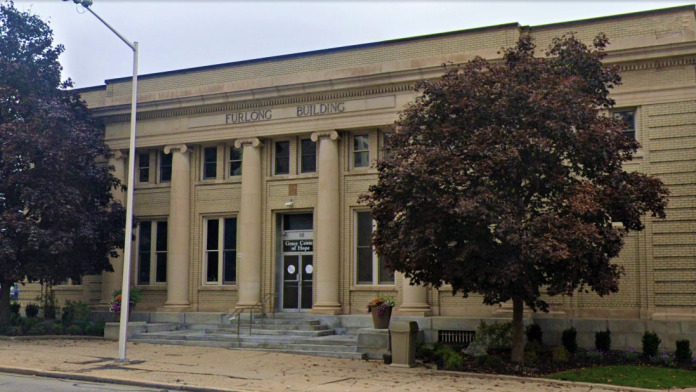
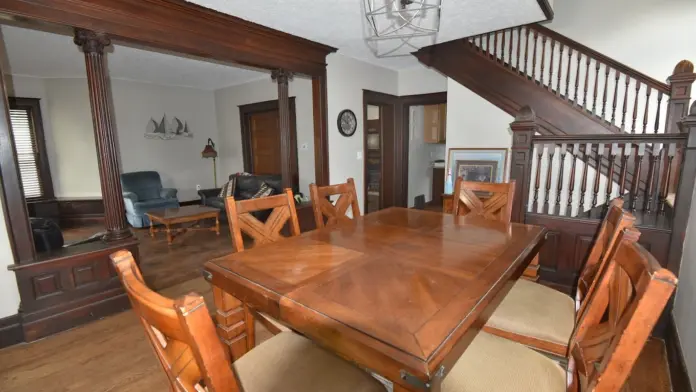
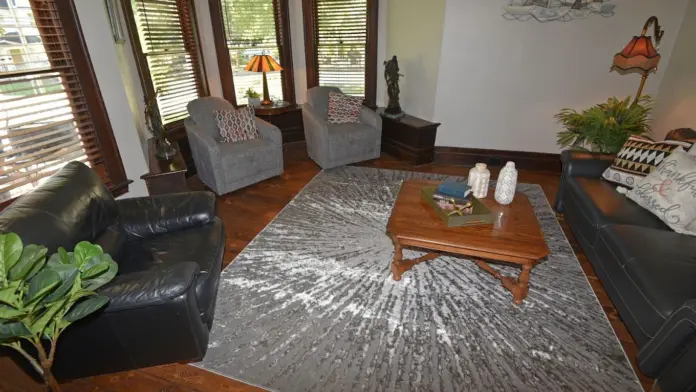
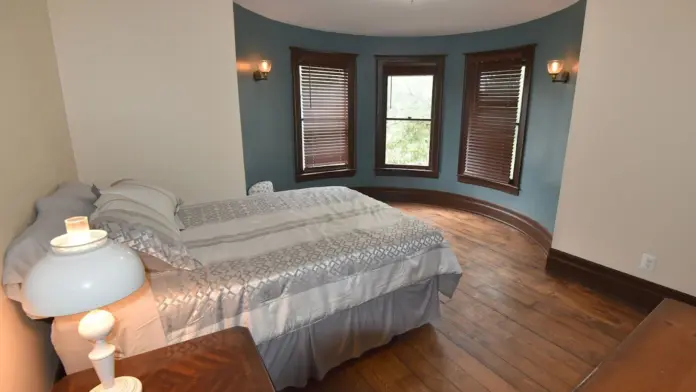
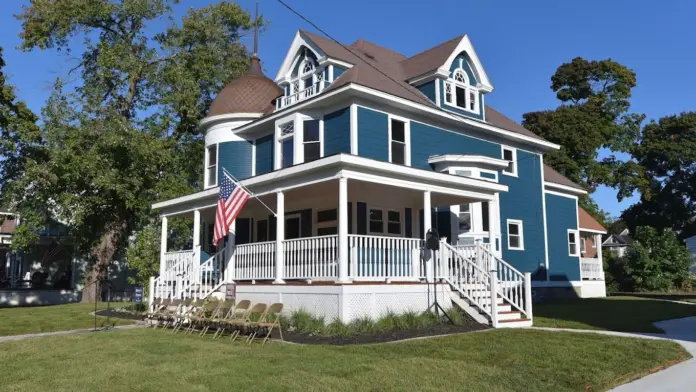
Location
Other Forms of Payment
Addiction Treatments
Levels of Care
Treatments
The goal of treatment for alcoholism is abstinence. Those with poor social support, poor motivation, or psychiatric disorders tend to relapse within a few years of treatment. For these people, success is measured by longer periods of abstinence, reduced use of alcohol, better health, and improved social functioning. Recovery and Maintenance are usually based on 12 step programs and AA meetings.
Drug rehab in Michigan provides personalized treatment to help individuals break this cycle and regain control of their lives. Treatment methods are used in various levels of care, including inpatient rehab, partial hospitalization programs, intensive outpatient programs, and standard outpatient treatment.
Opioid rehabs specialize in supporting those recovering from opioid addiction. They treat those suffering from addiction to illegal opioids like heroin, as well as prescription drugs like oxycodone. These centers typically combine both physical as well as mental and emotional support to help stop addiction. Physical support often includes medical detox and subsequent medical support (including medication), and mental support includes in-depth therapy to address the underlying causes of addiction.
Substance rehabs focus on helping individuals recover from substance abuse, including alcohol and drug addiction (both illegal and prescription drugs). They often include the opportunity to engage in both individual as well as group therapy.
Programs


Clinical Services
Group therapy is any therapeutic work that happens in a group (not one-on-one). There are a number of different group therapy modalities, including support groups, experiential therapy, psycho-education, and more. Group therapy involves treatment as well as processing interaction between group members.
In individual therapy, a patient meets one-on-one with a trained psychologist or counselor. Therapy is a pivotal part of effective substance abuse treatment, as it often covers root causes of addiction, including challenges faced by the patient in their social, family, and work/school life.
Nutrition therapy, aka medical nutrition therapy (MNT), is a way of treating physical, emotional, and medical conditions through diet. Specific dietary plans are designed by professional nutritionists or registered dietitians, and patients follow them in order to positively affect their physical and mental health.
Amenities
-
Private Setting
Staff
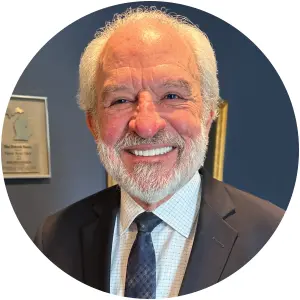
CEO
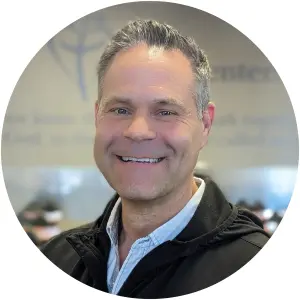
COO

HR Generalist
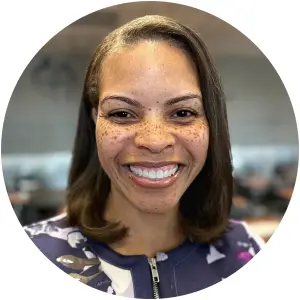
Director of Finance
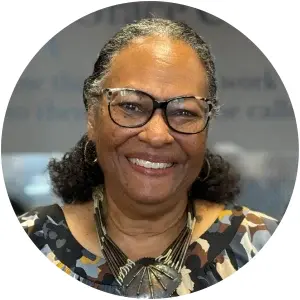
Financial Assistant
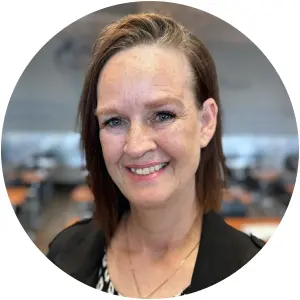
Volunteer Coordinator
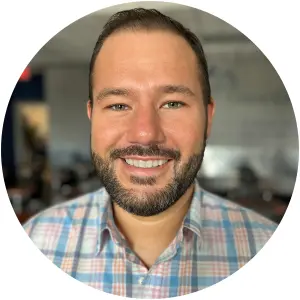
Director of Development

Assistant Director of Development
Contact Information
35 East Huron Street
Pontiac, MI 48342
